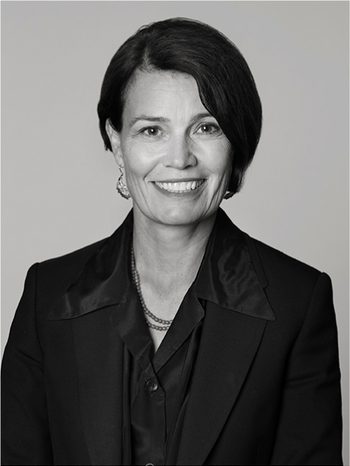Leander Engström
"Högfjällslandskap från Somaslaki" (From Somaslaki).
Signed Leander Engström and dated 1917. Panel 58 x 68 cm.
Provenance
Originally in Dr Helge Dahlstedt's collections, Österås. Subsequently by inheritance to civil engineer Stellan Dahlstedt.
After handed down to Lars Johan Dahlstedt, Stockholm. Nordén Auktioner AB, auction no 20, 30 Nov 1995, cat no 239.
Private collection, Sweden (bought at the sale)
Exhibitions
Liljevalchs Konsthall, Stockholm, Riksutställningar för bildande konst, "Tio målare ser på Norrland", 1937, cat nr 178. Prins Eugens Waldemarsudde, Stockholm, "Leander Engström", 1986.
Museet Kulturhuset, Borås, "Leander Engström", 1986-1987, cat no 42.
Literature
"Konst i svenska hem", vol 9, p. 450 under collection 776; Doctor Helge Dahlstedt and Fru Eva Mörner-Dahlstedt, Österåsens sanatorium.
Hans-Olof Boström, Åke Fant och Dag Widman, "Leander Engström", 1987, mentioned p. 24 and illustrated image 42.
Artist
Per leander Engström was a Swedish visual artist born in Ytterhogdal. He studied under the tutorship of Henri Matisse in Paris and the artists association school in Stockholm. Engström was part of the artistic group De Unga together with none other than Isaac Grünewald and Tor Bjurström. Engström was greatly inspired by Paul Gauguin, Vincent van Gogh and Paul Cézanne. Leander Engström followed in Osslund's footsteps and was captivated by Lapland's overwhelming natural scenery, which he depicted using the forms and colors of Fauvism. His paintings from 1912-15 - landscapes, still lifes, nude scenes - are harmonious and emotional, built upon Cézannes principles of discrete, weak colours. The years between 1916 and 1919 kan be understood as his most expressionistic period. Sweeping lines, large stylised planes and bright strong colours dominated his characteristic style. Engström found himself in Italy between 1920 and 1922 where he studied the early Rennaissance; it was during this time that he neared new objectivity. Leander Engström was one of Matisse's most impressive pupils.
Read more














































